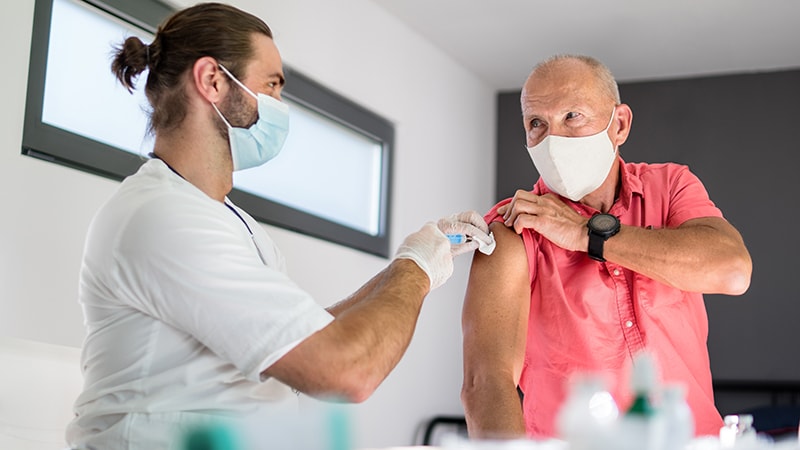The Wellcome Trust, one of the world’s top funders of health research, stands to gain financially from the COVID-19 pandemic, raising questions about transparency and accountability, reports the BMJ today (4 March 2021).
The article shows how the charity plays a leading role in a WHO programme to support new COVID-19 therapeutics, while holding investments in companies producing these same treatments.
It follows news that the Gates Foundation is also positioned to potentially benefit financially from its leading role in the pandemic response.
In the BMJ, independent journalist Tim Schwab reports that financial disclosures from late 2020 show that Wellcome has a £275 million stake in Novartis, which manufactures dexamethasone, and a £252 million stake in Roche, which is helping to manufacture monoclonal antibodies with Regeneron.
The Wellcome Trust disputes that its investments compromise or conflict with its independence, and says it “would never make decisions or advise others about the pandemic response for a reason other than public health”.
However, Schwab writes that, in addition to its work through WHO, Wellcome also influences the pandemic response through its director, Jeremy Farrar’s position on the Scientific Advisory Group for Emergencies (SAGE) advising the government on COVID-19. He also holds a board seat on the Coalition for Epidemic Preparedness Innovations, a public-private partnership that has pledged more than $1 billion to COVID-19 vaccine development.
Wellcome would not disclose the full details of its investment portfolio to the BMJ. But Schwab points out that the charity reports gains of £3.3 billion from all investments in 2020, three times more money than the trust gave away in charity.
Linsey McGoey, professor of sociology at the University of Essex, who has written extensively on accountability in philanthropy, views Wellcome’s and Gates’s pharma investments as support for the prevailing market mechanisms driving modern medicine, which has translated into wealthy nations getting priority access to COVID-19 drugs.
“These foundations sort of perpetuate the false ideological impression that they are … solving the problem even when they’re not. And they might be compounding it by perpetuating this ideological impression of private sector saviourism,” she says.



